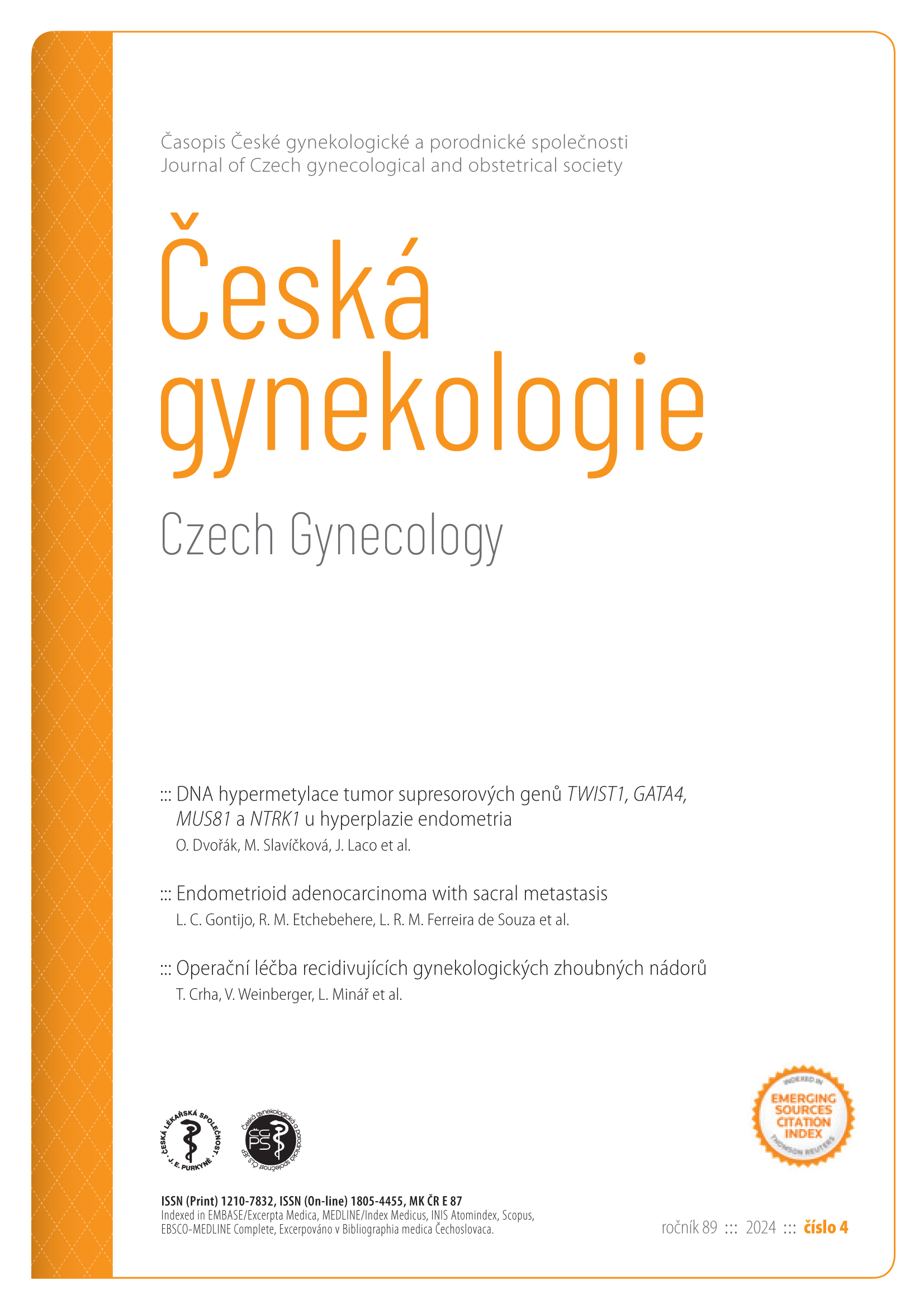The impact of delivery mode on epigenetic changes in newborns and their health outcomes
Keywords:
epigenetics, DNA methylation, cesarean sectionAbstract
Recent decades have seen a notable increase in cesarean section rates. Although lifesaving, cesarean delivery is associated with an elevated risk of adverse health outcomes in newborns, including respiratory diseases, atopic disorders, obesity, diabetes, and severe autoimmune conditions. The exact mechanisms underlying these associations remain elusive; however, epigenetic modifications have emerged as a plausible molecular basis linking perinatal factors with future disease susceptibility. This review synthesizes current literature, revealing that the delivery method may influence epigenetic markers in neonates, primarily through alterations in global DNA methylation and gene-specific methylation patterns.
Downloads
Published
2024-08-30
Issue
Section
Gynecology and Obstetrics


